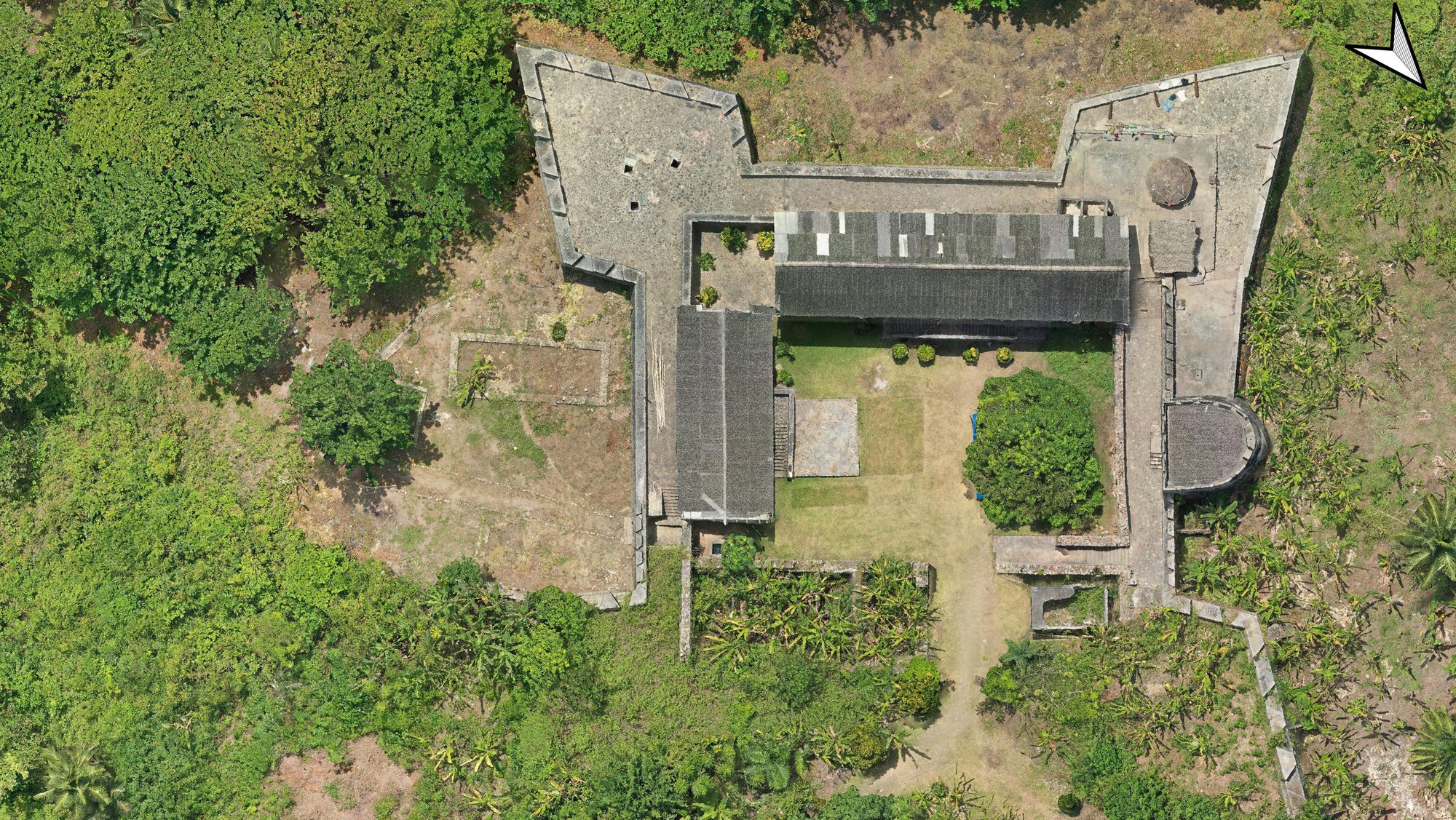Überblick
While the German colonial period in parts of Africa has increasingly become a subject of archaeological investigations, less attention has been paid to the earlier ‘shared heritage’ of German involvement in the transatlantic slave trade. Brandenburg-Prussia entered the race for trading posts at the West African coast in the late 17th century, establishing a series of strongholds in what is today the Western Region of Ghana. Among the most prominent material manifestations of this endeavour are the two forts Gross Friedrichsburg and Dorothea. The German trading venture was short-lived, however, ending already after roughly 30 years when the forts were sold to the Dutch. Nevertheless, during the colonial period in the late 19th/early 20th century the Brandenburg-Prussian attempt at profiting from the transatlantic slave trade was celebrated by some as the nucleus of German colonial rule in Africa.
The Brandenburg-Prussian forts are today part of the serial UNESCO World Heritage site ‘Forts and Castles, Volta, Greater Accra, Central and Western Regions’, which recognises the difficult heritage of the transatlantic slave trade. But the forts also play an important role in local heritage landscapes. At the invitation of the local communities of Princes Town and Akwidaa a new archaeological research and heritage preservation project is focusing on the Brandenburg-Prussian forts in their local contexts, highlighting the agency of local actors in the Early Modern period.

